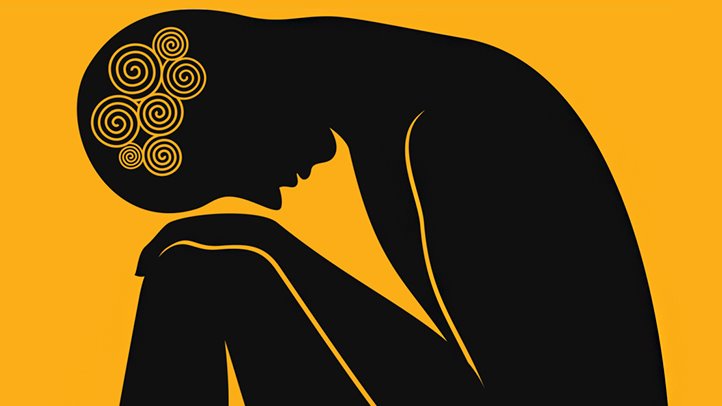Health Matters: Overcoming Anxiety
By Xochilt Morales de Martinez, MSN, MHPNP-BC
Life is full of ups and downs, so it’s normal to feel anxious from time to time, but if you find yourself coping with anxiety in unhealthy ways, it’s time to seek help. Do you have trouble falling asleep or have you started waking up in the night or having nightmares? Have you started to avoid normal activities like grocery shopping or going out with friends? Have you started using alcohol or drugs to numb your pain? These can be signs that you are suffering from an anxiety disorder.
Anxiety disorders affect 40 million American adults. Almost a fifth of adults and a quarter of adolescents (aged 13 to 18 years old) suffer from anxiety in one form or another, and sadly, only 40 percent of those with anxiety disorders receive treatment.
“Anxiety disorder” is an umbrella term that includes a broad array of symptoms, all of which involve varying levels of fear. Acute anxiety comes on quickly. Separation anxiety makes it hard to leave someone. Generalized anxiety makes you feel worried all the time. Panic disorder, social anxiety, obsessive compulsive disorder (OCD), and post-traumatic stress disorder (PTSD) are all forms of anxiety.
Sometimes anxiety stems from an outside influence: a traumatic event, a reaction to a medication, chronic pain, or a hormonal imbalance. Other times, anxiety is internally driven. Unfortunately, many people wait to seek treatment until the anxiety manifests in physical symptoms like headaches, stomachaches, back pain, shortness of breath, sleep problems, or frequent urination. This is the body’s fight-or-flight response being overwhelmed.
It’s important to recognize that anxiety has many causes, often a combination of genetics, social environment, mental processes, and physiological health. Understanding family history can be very helpful. Although family members may not have been diagnosed with anything specific, hearing stories about the odd behaviors of aunts or uncles or grandparents or cousins can give people a clue about genetic predispositions for an anxiety disorder.
Because of the stigma often attached to mental illness, I prefer to describe anxiety disorders as imbalances in the brain—because that’s what they are—no different than blood pressure or blood sugar. When things are in balance, you feel good. When they are out of balance, you feel bad. The pain is real. Anxiety is real. It is not your imagination.
One of the most damaging things we do to ourselves and our loved ones is to dismiss anxiety, to assume we can just snap out of it, be stronger, get over it. Can you just “get over” diabetes? Can you just “get over” high blood pressure? No. You need treatment. The same is true for anxiety disorders.
Treatments for anxiety disorders depend on a patient’s individual needs and the severity of their symptoms. For mild to moderate anxiety, many patients benefit from cognitive behavioral therapy (CBT). This involves meeting with a therapist who can help patients recognize their emotional triggers and manage their responses to them. Some patients are prescribed medication that helps reduce their anxiety enough to allow them to focus on learning the skills they need to deescalate their anxiety symptoms to be able to engage in therapy treatment. Once they’ve learned the coping skills, many patients stop using the medication. For moderate to severe anxiety, selective serotonin reuptake inhibitors (SSRIs) and other medications are almost always part of the treatment.
Mild anxiety doesn’t necessarily feel “mild,” but it rarely puts the patient at serious risk for immediate medical intervention. Moderate anxiety can drastically affect a patient’s life, making them feel overwhelmed and/or intensely irritable, but they can function in society. Severe anxiety includes things like panic attacks or other behaviors that make it hard to think or behave rationally.
The good news is that anxiety disorders are treatable. With CBT and good self-care that includes a healthy diet, regular exercise, enough sleep, a balance of work and play, and a mindfulness practice, patients can live long, happy, lower-stress lives.
###
Xochilt Morales de Martinez is a psychiatric nurse practitioner at MCHC Health Centers, a local, non-profit, federally qualified health center offering medical, dental and behavioral health care to people in Lake and Mendocino Counties.


